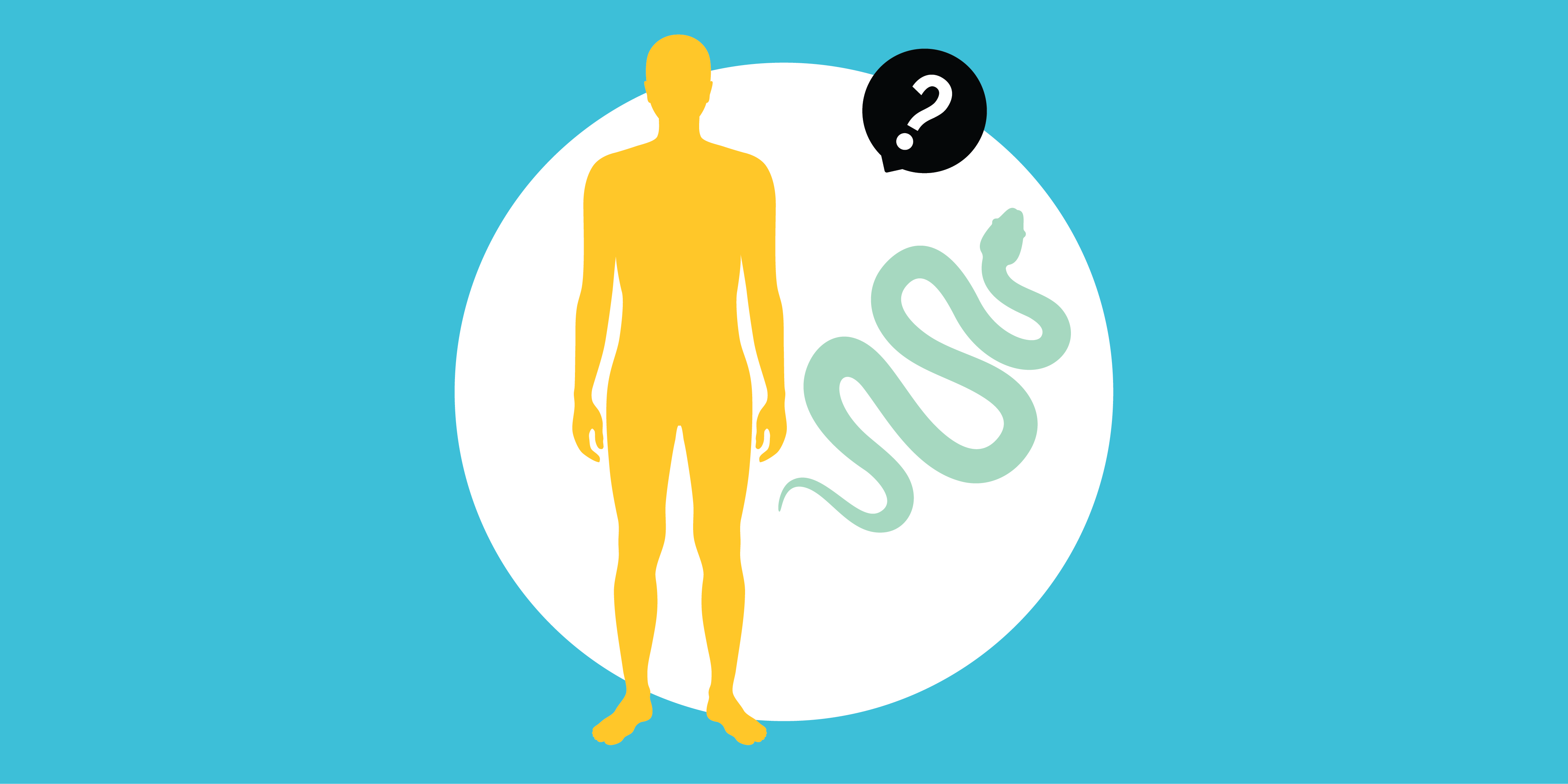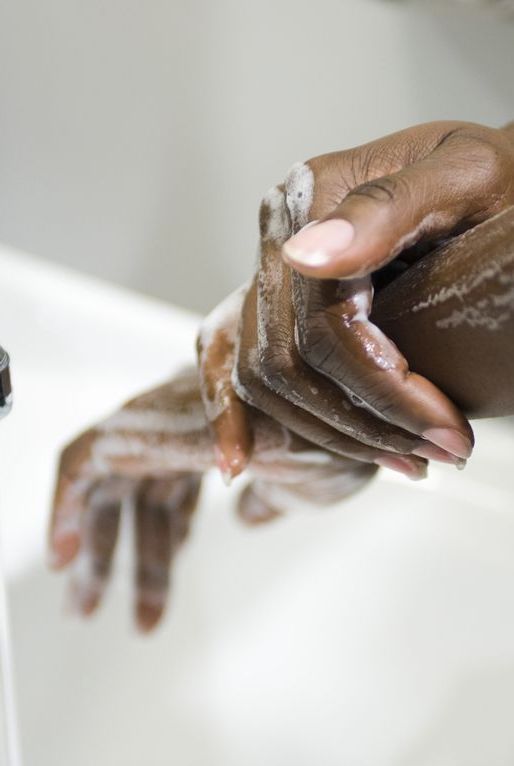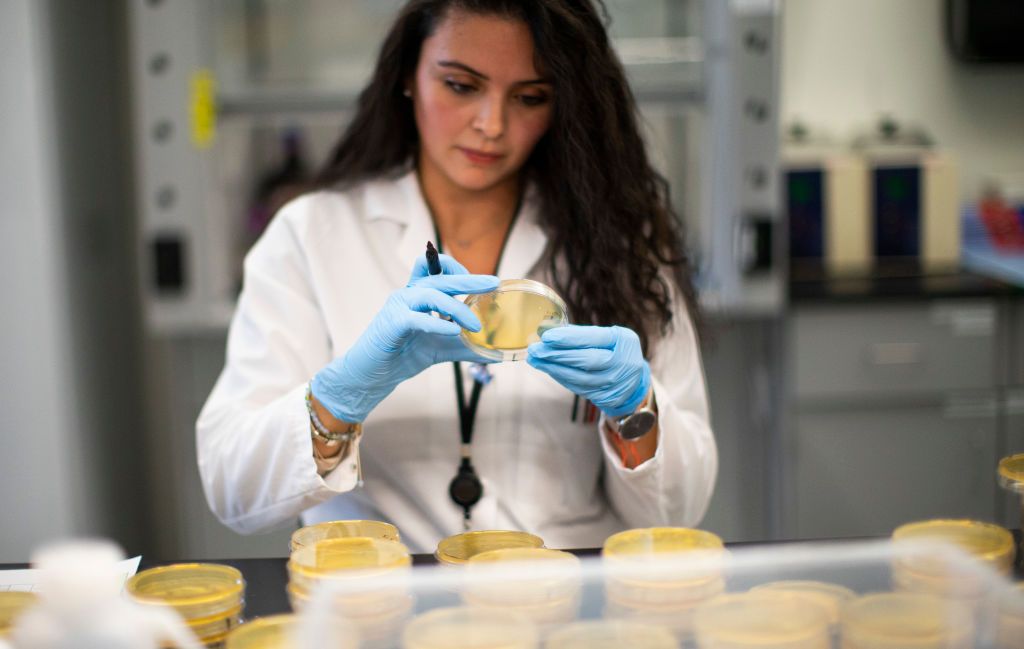COVID-19 cases continue to skyrocket in both the U.S. and many parts of the world. But, despite living with the virus for nearly a year, there is still plenty of misinformation about the novel coronavirus. That includes info about where the virus that causes the COVID-19 illness came from.
While taking steps to reduce your risk of contracting COVID-19 is the best way to protect yourself from the virus, arming yourself with knowledge about the coronavirus may help on some level to ease anxiety around it.
First, it’s helpful to understand where and how novel coronavirus actually started. Here’s what you need to know.
Where and when did this type of coronavirus start?
Coronavirus isn’t a brand-new virus. Other strains of the coronavirus have caused outbreaks such as severe acute respiratory syndrome (SARS) and middle east respiratory syndrome (MERS), according to the CDC. This current strain first popped up on global radar in December 2019, after it was first detected in Wuhan City, in the Hubei province of China. Initially, the virus existed in animals but was transmitted to humans.
“Open markets, especially common in Asia and Morocco, are believed to be part of the transmission, where livestock is close to food and people with that kind of market setup,” says Eudene Harry, MD, an emergency medicine physician in Orlando, Florida. From there, the virus has spread from person-to-person contact and airborne particles.
But while late December 2019 and early January 2020 was when the virus started to catch the attention of the world, research has suggested COVID-19 was around before that. A study published in the journal Clinical Infectious Diseases in November 2020 analyzed 7,389 blood donations collected by the American Red Cross from residents in nine states between Dec. 13 and Jan. 17. The researchers found evidence of coronavirus antibodies in 106 of those donations, suggesting that the virus was around—and had spread to the U.S.—sooner than most people realized.
So did it start in animals before it got to humans?
Yes. As WH reported previously, the new coronavirus is a zoonotic virus, which means it belongs to a class of diseases that can transfer from animals to humans, and the other way around.

Experts have determined that this strain of the virus originated in bats, then likely hung out in another type of animal (an intermediate host), where it lived and reproduced before spreading to humans somehow, most likely at the Wuhan market. (For *much* more on the origin story in bats, head here.)
Why has COVID-19 spread so quickly?
Doctors and researchers around the world are still trying to sort out exactly how the virus spread to certain areas, and so quickly. It started out as strictly travel-related, meaning people who had recently been to the Wuhan area in China were becoming infected.
But the world is so interconnected, Dr. Harry notes; so with so much travel happening up until the pandemic-introduced travel restrictions, it can be difficult to trace many cases. In Italy, which has had upwards of 100,000 cases of the virus in the early stages of the pandemic, it’s plausible that with international travel, someone transmitted the virus without knowing they had it way back when this began, she explains.


That’s the definition of “community spread,” as the CDC states: People are getting infected with the virus in their communities without having a direct link back to a person or place (China, or Italy, for example).
Now, experts think that the virus is continuing to spread rapidly due to asymptomatic individuals, meaning people who are infected with the virus but are not showing symptoms and may look perfectly healthy. That’s why it’s *so* important to practice social distancing, considering you or someone else could have been exposed and be infected even if you don’t know it.
What are the symptoms of novel coronavirus?
COVID-19 mostly affects the upper respiratory system, but symptoms present differently depending on the severity of the case, Dr. Harry explains. “Some people have very mild symptoms, similar to cold symptoms, like a runny nose,” she says.
These are the main symptoms of COVID-19, according to the CDC:
- Fever or chills
- Cough
- Shortness of breath or difficulty breathing
- Fatigue
- Muscle or body aches
- Headache
- New loss of taste or smell
- Sore throat
- Congestion or runny nose
- Nausea or vomiting
- Diarrhea
Also worth noting, per the CDC: There may be other symptoms you can experience that aren’t on the list. Also, it’s possible to have COVID-19 and have no symptoms, which is why taking precautions to avoid contracting and spreading the virus are so crucial.
But some cases of coronavirus are more serious than a common cold. The symptoms might be similar to the flu, in terms of high fever, aches and pains, and cough. Some people have also reported losing their sense of taste and smell.

In some cases, people are developing pneumonia with the virus, though the most severe symptoms are impacting people over 50 who have pre-existing respiratory conditions, meaning their immune system is compromised, notes Dr. Harry.
Because symptoms can be similar to other common respiratory infections including the flu and common cold, the only way to know for sure that it’s novel coronavirus is to get tested, Dr. Harry says. It’s important to seek out testing, especially if you’ve been traveling to an area with many of these coronavirus cases or have been in contact with someone who has, or if you have a bad cough or shortness of breath that isn’t getting better.
How can you protect yourself from COVID-19?
The main way the virus is spread is through respiratory droplets (aka coughs and sneezes), which can travel to other people through the air or through your hands, hence the worldwide plea for people to wash their hands more frequently, as well as take these other precautions, like staying 6 feet away from others at all times, wearing masks when you’re around anyone who doesn’t live in your household, and staying home as much as possible, save for essential activities like grocery shopping.
Awareness about your health is important, but panicking about potentially getting sick won’t do you any good. “If anything, that compromises your immune system because you’re adding excess stress,” Dr. Harry says.
Source: Read Full Article
